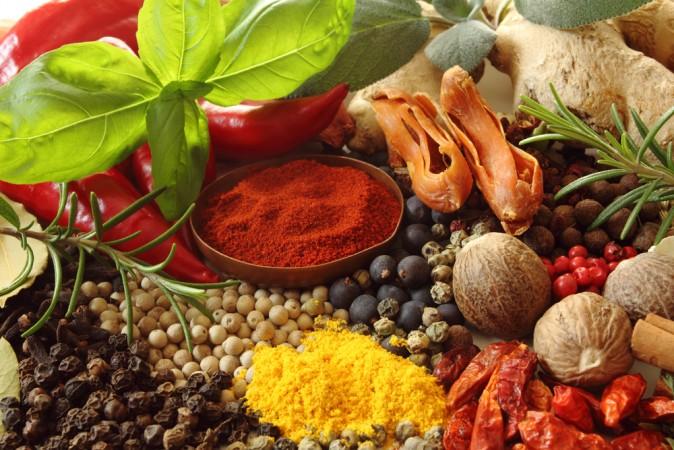Herbs and cooking spices contain a wide variety of antioxidants, minerals and vitamins, and help maximize the nutrient density of your meals. Every time you flavor your meals with herbs or spices you are literally “upgrading” your food without adding a single calorie.
In fact, on a per gram fresh weight basis, herbs rank even higher in antioxidant activity than fruits and vegetables, which are known to be high in antioxidants. Many studies have also shown that most spices tend to have unique medicinal qualities.






